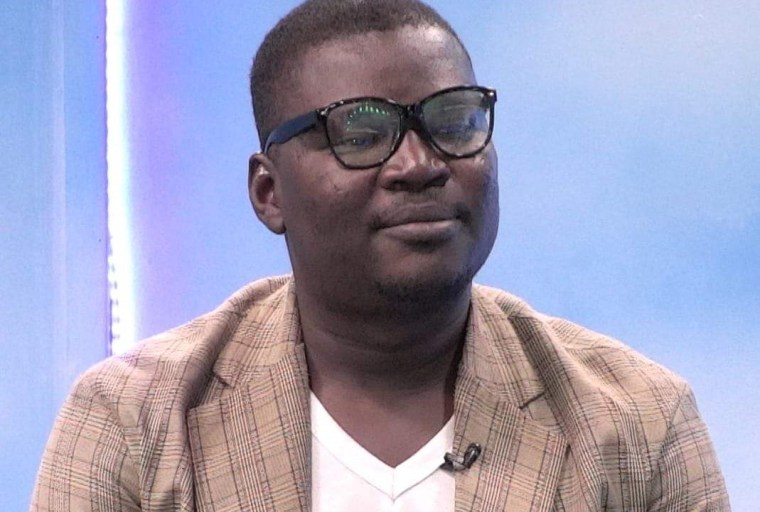New York, May 10, 2023—Togolese authorities should ensure that journalist Edouard Kamboissoa Samboe and all other members of the media can work without fear, and should drop any restrictions on Samboe’s work, the Committee to Protect Journalists said Wednesday.
On the morning of April 30, Togolese soldiers arrested Samboe, the founder and owner of the privately owned Laabali news website, as he was reporting on the aftermath of a jihadist attack in Togo’s northern Waldjouaque village, according to the journalist and Robert Douti, Laabali’s editorial director, who both spoke to CPJ by phone.
Samboe told CPJ that the soldiers took him to their nearby base, where they questioned him about why he was in the area, seized his two phones and computer, and deleted audio and video recordings he had taken that day. They then transferred him to the custody of the local gendarmerie office in the northern city of Dapaong. The gendarmerie held him until May 2 and released him only after he signed a document agreeing not to return to the area without first “informing” the authorities.
“Journalists should be free to work without fear of arrest, harassment, or undue requirements that they inform authorities of their movements,” said Angela Quintal, CPJ’s Africa program coordinator. “Togolese journalist Edouard Kamboissoa Samboe should be allowed to work without restriction, and authorities should refrain from harassing members of the press and seizing their devices.”
Samboe said the soldiers were angry because he tweeted about his detention before being transferred to the gendarmerie. “Get him out, we’ll settle the accounts…We’re going to put him down,” Samboe recalled the soldiers saying, adding that they said, “We spared you and you are ungrateful.”
Samboe said the gendarmerie released him without charge after he signed the agreement and gendarmerie officers returned his phones and computer the following day. He described his detention as an attempt to “isolate” and “traumatize” him.
While in custody of the gendarmerie, Samboe said he was questioned about his work, including if he had ever interviewed jihadists or worked for France-based media outlets like TV5 Monde or Le Monde. Authorities in Burkina Faso, which shares a border with northern Togo, have suspended French broadcasters France 24 and Radio France Internationale over their coverage of the conflict with jihadists in the country, and in April expelled French reporters Agnès Faivre and Sophie Douce.
Samboe said both the soldiers and gendarmerie made him give up the password to one of his phones, which was locked. The gendarmerie also made him give them the password to his Telegram account, he added.
“It is possible that they read my messages,” he told CPJ, adding that he believed authorities had accessed his Facebook account as well because he was logged in on his computer when they took it, but was logged out after it was returned.
Samboe said he was worried that his devices were no longer safe to use, citing concerns over the threat of Pegasus spyware, which has been deployed against Togolese civil society members and may have been used to target Togolese journalists. In July 2022, Togo communication minister Akodah Ayewouadan told CPJ that the government had no connection with the Pegasus vendor NSO Group and “has not used that spyware,” but did not respond to subsequent written questions.
Togolese Minister of Security and Civil Protection Yank Damehame and a gendarmerie officer at the Dapaong office, who identified himself only as Rachid, both agreed to respond to queries via messaging app. CPJ sent questions to both for comment but did not receive any responses by the time of publication.
